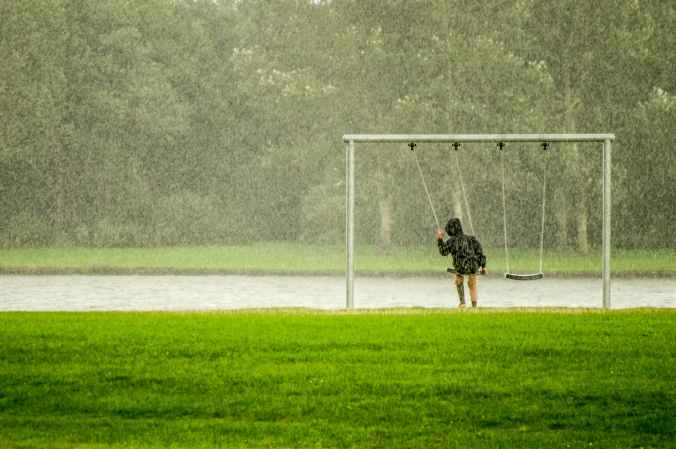Why is it important to analyse and understand what is going on with out thoughts and emotions?
Beyond the obvious answer that it will lead to action, it is not important. Not necessary. You can make an art form of escaping life and creating a false one, and I think that mechanism works for many individuals in the Western world. And they survive. And they buy houses and bear children and go on holidays. But if you want more, if just going with the flow, or storm, we call life is not enough for you, then it is important to understand. I can compare it to watching a film. You can watch the same film when you are 10, 40 and 80, and every-time see it completely differently. Obviously, when you are 40, you will understand it much better, and when you are 80, well, who knows. Hopefully I will learn that one day. On all occasions you may enjoy it even if you do not fully understand it. But when you are older, you are able to infuse more meaning into the film. Your enjoyment is on a higher plane. In all cases it is a film, which in itself is a meaningless passage of time and fiction infused with no real space, but watching it makes it real to you, to me, at that space and time you share on your sofa in front of the television. You make it real by being there.
But what if, you watch the film with all the intention you can muster, sitting on the very edge of your sofa, leaning forward, no one else is allowed to make any noise, and still, you just do not get what the hell is going on? Yes, you can see it is funny or sad sometimes, and the costumes are great, locations stunning, but still, the plot and what the characters are doing makes no sense. Well, that is what I am talking about. The Key. The deciphering that will make sense of all the data.
The first step in finding that key is figuring out ‘who gains.’ For example, if you have a certain anxiety or phobia and you would like to understand what you have this particular one, you can ask yourself, well, what do I gain from it? On the face of it, it looks like this anxiety or phobia is making your life miserable, but in actual fact, your ego developed it to survive. So you may feel or think that this phobia or anxiety is what is keeping you safe, in an uncertain situation. But The Key takes you a step further. The Key is that purest element that for as long as you have constructed your personality, has guided you and supported you to make sense of everything around you. And like most things in life, you will know it is your key if you can say it in a short sentence. The shorter, the simpler, the purer, the better and more accurate.
Once you found The Key, the next step is to look back at all your troubled experiences and current fear, and see them in the light of day. If The Key has been found, and that is the real test, then things will start making sense. The tangle of your thoughts and emotions will start making sense.
The next step is to rename this key, to make it better, so it can open all the doors for you. Judgement and negativity diminishes and separates. That has a purpose in life, like anything. But your key should be a powerful tool that helps you and promotes your health. So for example, turn the key of ‘make the right choice’ into ‘All choices are right.’ They are all right, because you made them. You own them. If they lead to a negative outcome, you will own that too. I would rather make my own bad choices, then have someone else force me to make the so called right ones.
Besides, there are no wrong choices. No one can look into the future. It is all best guesses and lots of chaos. The important thing is to make a choice, and be content with it. Having the flexibility to change your mind is also powerful. Not out of hesitation, but say you have encountered new information that changes things. Fine, change your choice. It is yours to change.
What is your Key?

Photo by rawpixel.com on Pexels.com




